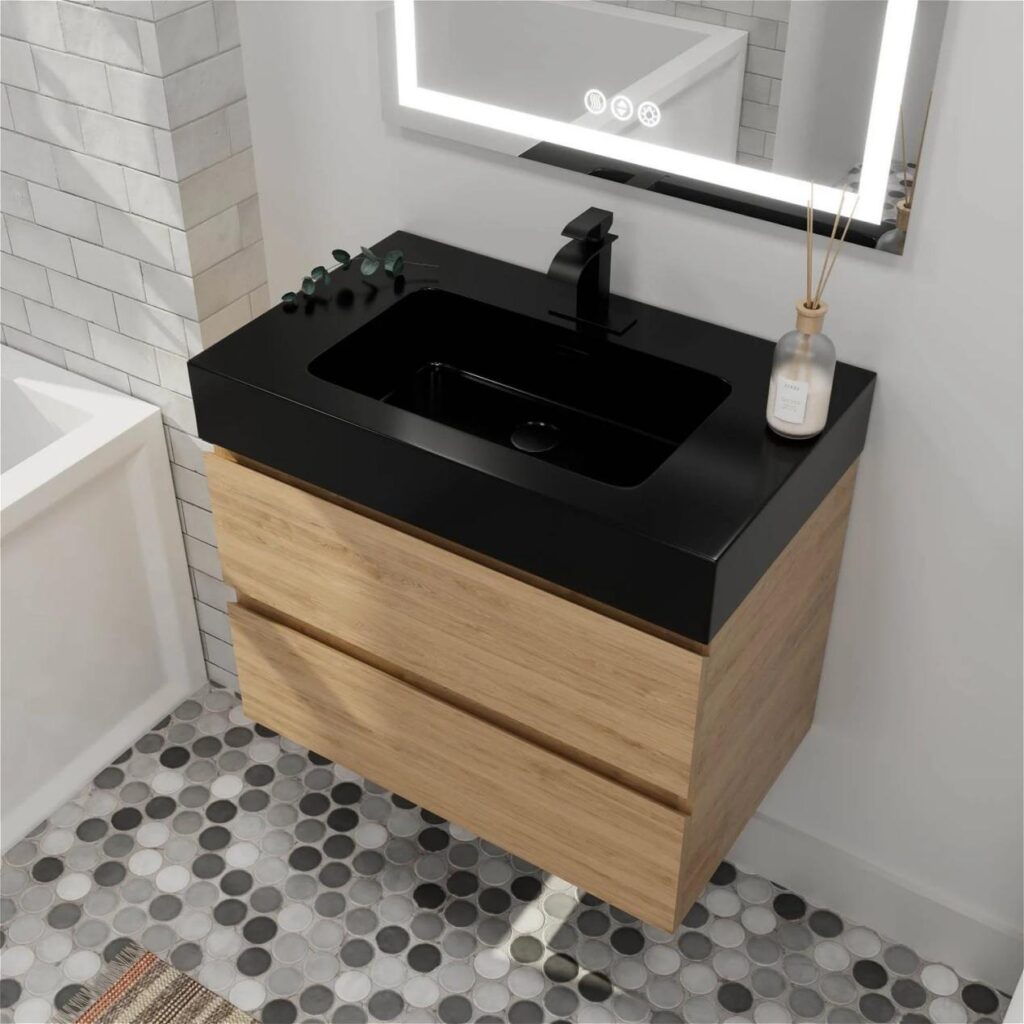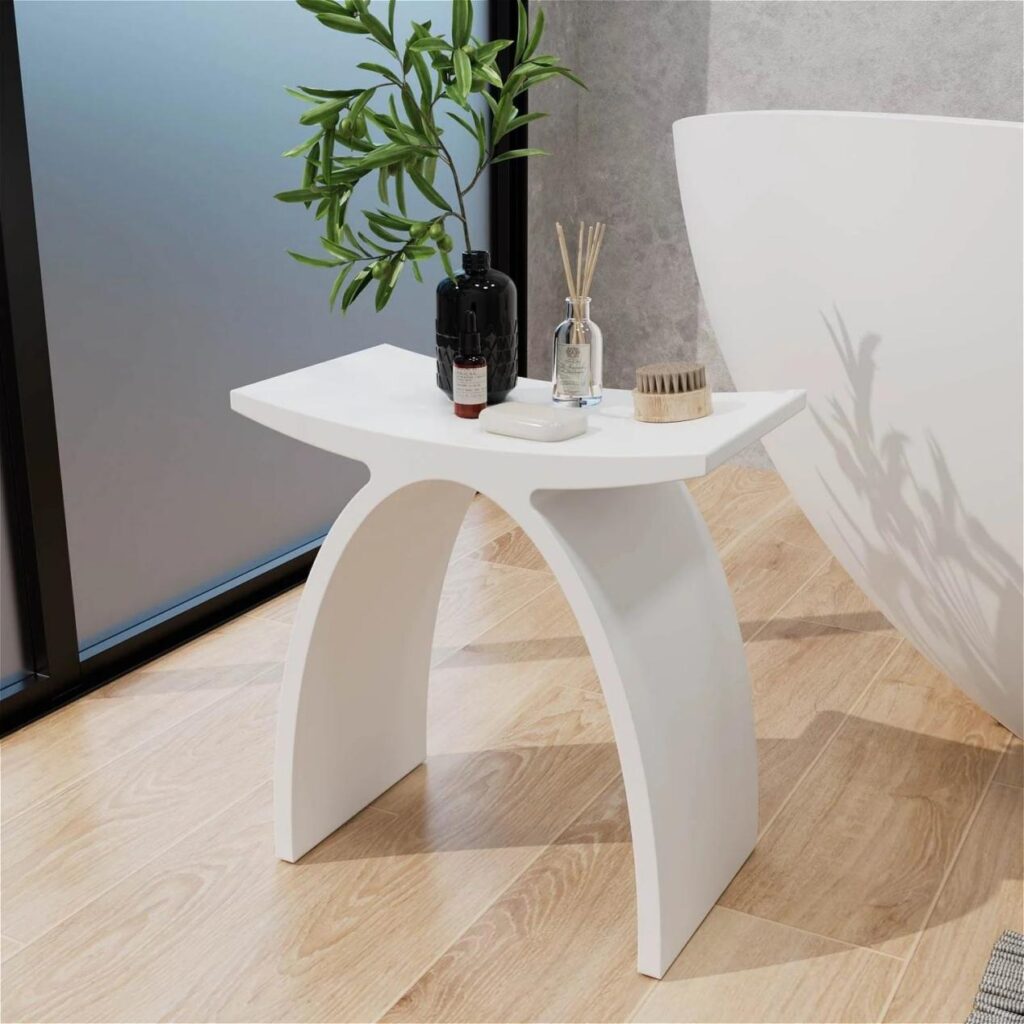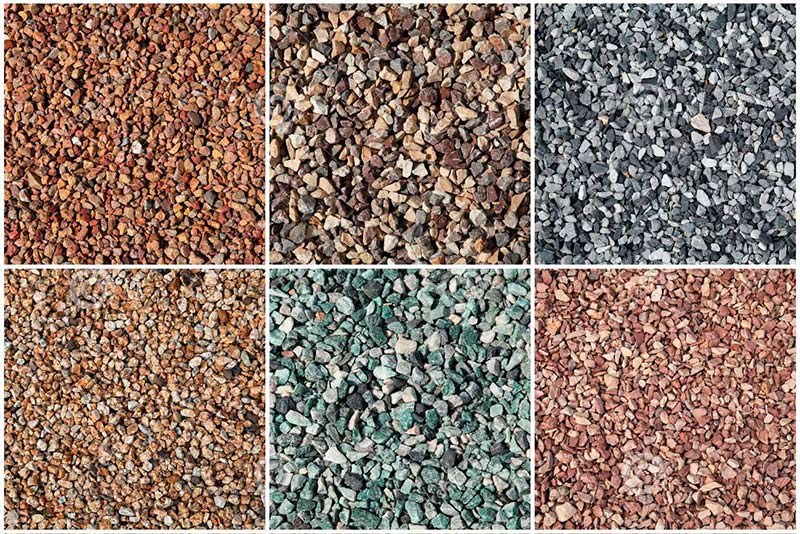In recent years, stone resin or solid surface material has become an increasingly popular material in the manufacturing of bathroom products, particularly bathtubs. Its unique combination of durability, aesthetic appeal, and affordability has made it a favored choice among homeowners and designers alike. However, concerns have been raised about the potential harmfulness of stone resin, especially when used in products that come into direct contact with the human body, such as bathtubs. This article aims to delve deep into the nature of stone resin, its common applications in the bathroom, and whether it poses any risks to human health and the environment.
Understanding Stone Resin: Composition and Properties
Material Composition
Stone resin is a composite material typically made by combining natural minerals, such as powdered marble, limestone, or other stone aggregates, with synthetic resins, usually polyester or epoxy resins. The natural stone components give the material its “stone – like” appearance and texture, while the resins act as binders, providing strength, durability, and workability during the manufacturing process.
Polyester resins are widely used in stone resin production due to their relatively low cost and ease of use. They are thermosetting polymers, which means that once they are cured, they form a hard, rigid structure that cannot be melted or reshaped. Epoxy resins, on the other hand, are known for their superior strength, chemical resistance, and adhesion properties. Although more expensive than polyester resins, epoxy – based stone resin products often offer higher quality and longer – lasting performance.
In addition to the main components of stone aggregates and resins, other additives may be included in the stone resin mixture. These can include pigments to achieve various colors, fillers to improve the material’s properties, and catalysts or hardeners to initiate and control the curing process of the resins.
Physical and Chemical Properties
One of the most notable properties of stone resin is its durability. The combination of natural stone and synthetic resins results in a material that is resistant to scratches, chips, and stains. Stone resin tubs, for example, can withstand the daily wear and tear of regular use, including the impact of bath products, scrubbing, and the movement of bath toys or accessories.
Stone resin also has good heat – retention properties. It can keep bathwater warm for a longer period compared to some other materials, providing a more comfortable bathing experience. This is especially beneficial for those who enjoy long, relaxing soaks.
In terms of chemical resistance, stone resin products made with epoxy resins generally offer better resistance to a wide range of chemicals, including common bathroom cleaners, soaps, and shampoos. Polyester – based stone resin may be more susceptible to damage from certain harsh chemicals over time, but proper care and the use of mild cleaning products can mitigate this risk.
Another advantage of stone resin is its versatility in design. It can be molded into various shapes and sizes, allowing for the creation of unique and custom – designed bathroom products. From sleek, modern – style tubs to intricately detailed bathroom vanities, stone resin can be crafted to meet different aesthetic preferences.
The Prevalence of Stone Resin in Daily Life
Contrary to what some may think, stone resin is not an exotic or rarely – used material. In fact, it is quite common in many aspects of our daily lives. In the home improvement and interior design industries, stone resin is used in a wide variety of products beyond bathtubs.
Bathroom Vanities
Stone resin is frequently used in the production of bathroom vanities. The material’s ability to mimic the look of natural stone, such as marble or granite, at a more affordable price point makes it an attractive option for homeowners. Stone resin bathroom vanities can have smooth, seamless surfaces that are easy to clean and maintain. They also offer good durability, able to support the weight of sinks and various bathroom items placed on top of them. The range of colors and patterns available in stone resin allows for seamless integration with different bathroom design themes, whether it’s a contemporary, minimalist space or a more traditional, luxurious bathroom.

Bathroom Stools and Benches
Stone resin is also used to create bathroom stools and benches. These seating options add functionality and style to the bathroom. They can be designed to match the overall aesthetic of the bathroom, providing a place to sit while applying makeup, shaving, or simply relaxing. Stone resin stools and benches are sturdy and can withstand the humid bathroom environment without warping or deteriorating easily.

Wall and Floor Tiles (in Some Applications)
In certain cases, stone resin is used in the production of wall and floor tiles. Although not as common as traditional ceramic or porcelain tiles, stone resin tiles offer some unique advantages. They can have a more textured or three – dimensional appearance, adding visual interest to the bathroom. Stone resin tiles are also relatively lightweight compared to natural stone tiles, which can make installation easier. Additionally, they are resistant to water damage, making them suitable for use in wet areas like bathrooms.
Other Household Items
Outside of the bathroom, stone resin can be found in various other household items. For example, it is used in the manufacturing of decorative figurines, tabletops, and even some types of furniture. Its aesthetic appeal and durability make it a popular choice for creating items that combine functionality with decorative value.
Mitigating the Risks Associated with Stone Resin Bathroom Products
Proper Ventilation
To minimize the exposure to VOCs from newly – installed stone resin bathtubs or other products, it’s essential to ensure proper ventilation in the bathroom. Open windows regularly, use exhaust fans during and after showering or bathing, and consider using air purifiers with activated carbon filters to remove any remaining VOCs from the air. Allowing the bathroom to air out for several weeks before using a new stone resin bathtub can significantly reduce the risk of inhaling high levels of VOCs.
Allergy Testing and Precautions
If you have a history of allergies or are concerned about potential allergic reactions to stone resin, consider conducting a patch test. Apply a small amount of the material (if possible) or a sample of the resin used in the product to a small area of your skin and observe for any signs of an allergic reaction over a 24 – 48 – hour period. If you experience any adverse reactions, it’s best to avoid using stone resin products or consult with a professional for alternative options.
Regular Maintenance
Maintaining stone resin bathroom products properly is key to ensuring their longevity and safety. Use mild, pH – neutral cleaners specifically formulated for stone resin surfaces. Avoid using abrasive sponges, brushes, or cleaners that contain harsh chemicals, such as bleach or ammonia. Regularly clean and dry the bathtub and other stone resin items to prevent the buildup of dirt, grime, and moisture, which can lead to the growth of mold and mildew.
Choosing Quality Products
When purchasing stone resin bathroom products, opt for high – quality items from reputable manufacturers. Quality products are more likely to meet safety standards and have lower levels of VOC emissions. Look for products that have been tested and certified by relevant organizations, such as those that ensure compliance with indoor air quality standards or safety regulations. Reading product reviews and seeking recommendations from professionals or other homeowners who have experience with stone resin products can also help you make an informed decision.
Conclusion:
While questions around the safety of stone resin are understandable, the evidence overwhelmingly supports it as a safe and reliable material when manufactured and used properly. With its durability, visual elegance, and versatility in design, stone resin remains a top-tier choice for bathroom upgrades. Potential concerns—such as VOC emissions or allergic sensitivities—can be effectively managed through proper ventilation, careful product selection, and routine maintenance.
If you’re considering adding stone resin bathtubs, vanities, or other stylish bathroom fixtures to your home, Giving Tree Home is an excellent place to start. With a vast selection of high-quality stone resin products available in various styles, colors, and designs, Giving Tree Home makes it easy to find the perfect match for your space. Whether you’re remodeling your entire bathroom or simply looking to upgrade one element, their collection offers both beauty and peace of mind. Explore their offerings today and bring your vision of a modern, elegant bathroom to life.



